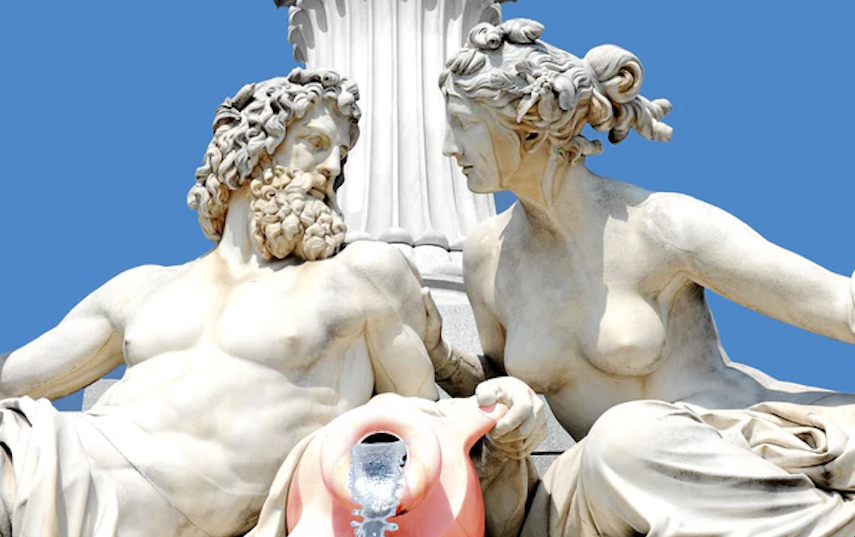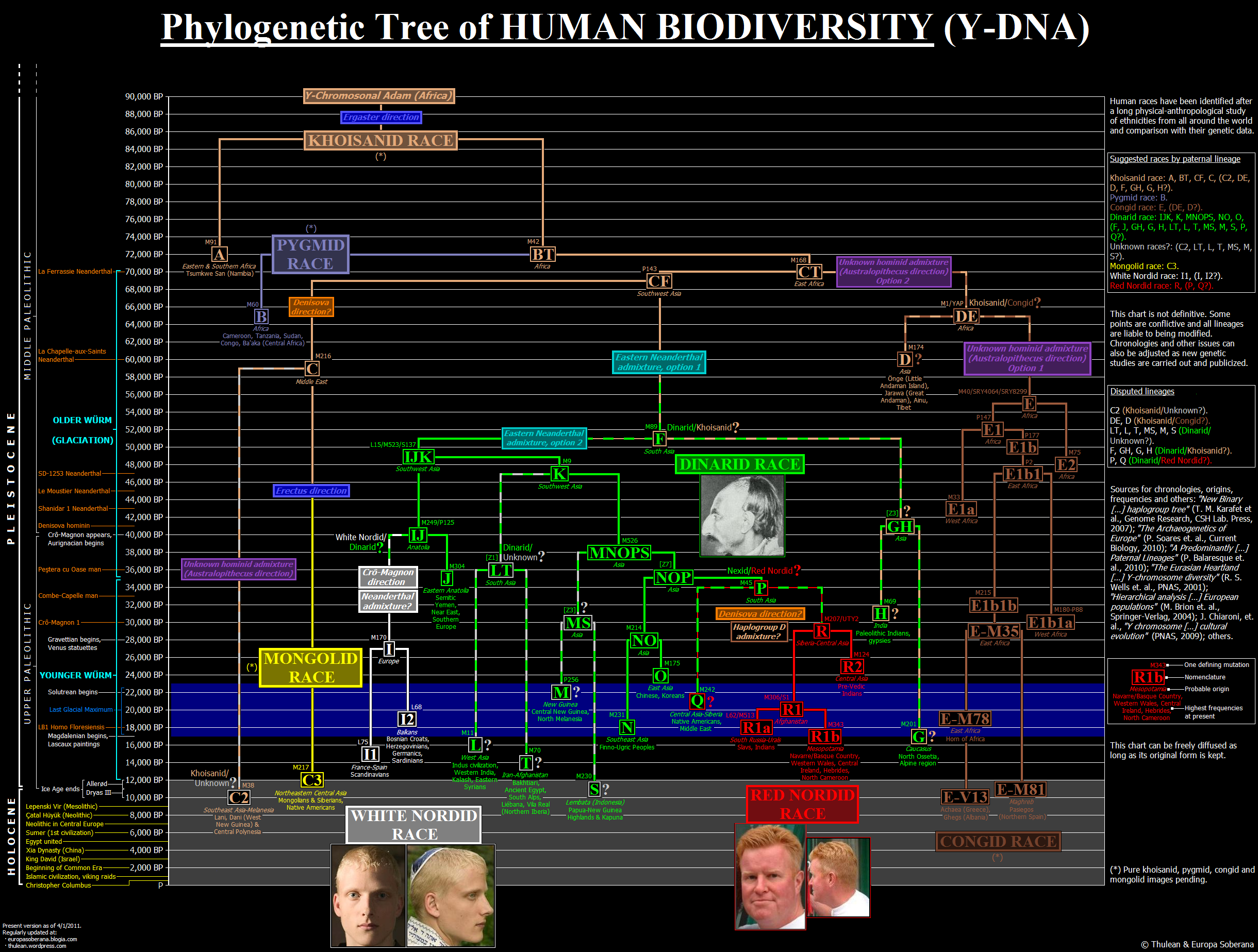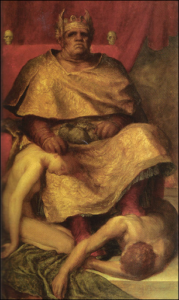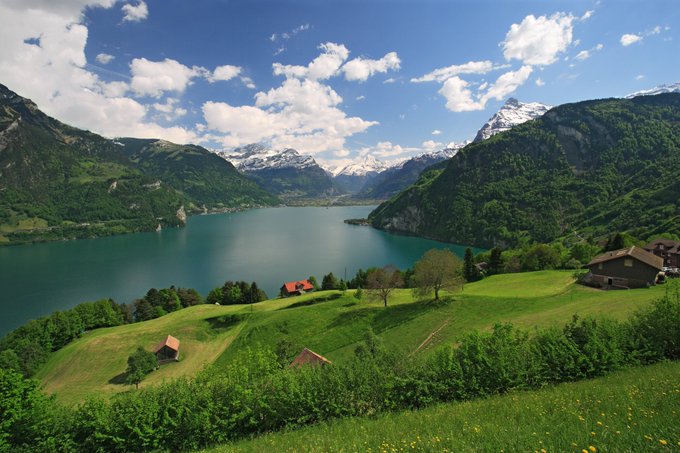Click here
Evropa Soberana, backup 39
Click here
Evropa Soberana, backup 38
Click here
This is the only article that Eduardo Velasco hired a translator, or translated himself into English for his webzine Evropa Soberana. The English translation I posted as an appendix of The Fair Race is only an abridged version of the full article that Valg (a physical anthropologist) and Velasco wrote.
Please note that the dates on all these PDFs don’t represent the original dates on which some of Velasco’s articles were first published. Already in 2011, there were Aryan Spanish speakers familiar with Velasco’s work, when he was known not as Evropa Soberana but as ‘Nordic Thunder’. I have yet to find out, but apparently Velasco had a previous website which was either censored, or he shut it down and opened a new website hosted by Blogger/Blogspot: Evropa Soberana (that the thought police would cancel too).
For English speakers, I suggest that you save the PDF of this article translated into English, including the above image, on your hard drive.
Evropa Soberana, backup 37
Click here
Translation of the author’s footnote to the above image in the article:
Mammon – Dedicated to his followers (1885), by George Frederick Watts. The painter added: ‘Material prosperity has become our true god, but we are surprised to find that the worship of this visible deity does not make us happy’. Mammon was the demon of greed in medieval Europe. Mammonism is the great disease of the modern world.
Evropa Soberana, backup 36
Click here
Eduardo Velasco
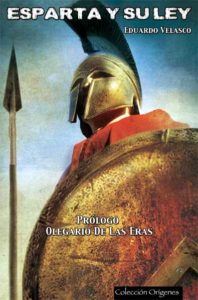 I only learned last month that the real name of the (late?) Evropa Soberana might be Eduardo Velasco, although we are not sure because ‘Eduardo Velasco’ could simply be a pen name for the Spanish writer.
I only learned last month that the real name of the (late?) Evropa Soberana might be Eduardo Velasco, although we are not sure because ‘Eduardo Velasco’ could simply be a pen name for the Spanish writer.
Whether Velasco is alive or not, now that I’ve been reading at least some of the content of the sixty-one long articles he wrote (which means I’ve already uploaded more than half of them here), I see an analogy between Velasco’s POV and Robert Morgan’s: both blame technology for the current mess. I, on the other hand, blame mankind itself insofar as technology is merely Prometheus’ fire that humans, Neanderthals as I see them in their present form, misuse.
Savitri Devi, in the book I am still proofreading, is also very critical of technology and industry. But she reluctantly accepts that Hitler had to use it to fight the evil world. Velasco and Morgan are more purists: they believe that technological civilisation is something like the apple of discord that led us out of the garden of Eden. I am closer to Hitler than to them because I don’t believe there was an Eden in the past. Think of the human sacrifices of the Ancient World to which I refer in my book Day of Wrath (see the sticky post). Or the TV programmes about animals showing carnivores killing herbivores in horrific ways (visualise, for example, pythons or anacondas swallowing beautiful mammals).
Pace Velasco and Savitri, pre-technological Eden never existed. While I believe that today’s man, whom I still see as a sort of exterminable Neanderthal, wasn’t and isn’t ready for the Industrial Revolution, a hypothetical overman could make good use of technology, after conquering the world for the Aryans of course. But for that he would first have to fulfil Delphi’s precept: to know himself. (Only after my fiftieth birthday did I devote myself to racism; before that, only to a long autobiography.) Thus, for the bulk of the population to know itself, and finally be worthy of Prometheus’ fire, we would have to arrive at Utopia. Meanwhile—:
‘The stars are not for man’—Karellen (in Arthur Clarke’s Childhood’s End).
The only way to present these ideas well developed would be to translate another of Velasco’s long essays, that here I called backup #24, and comment on it in detail. But I will do that only after I have finished proofreading Savitri’s book and finished my excerpts from Holland’s book.
There’s still a lot of work to do…
